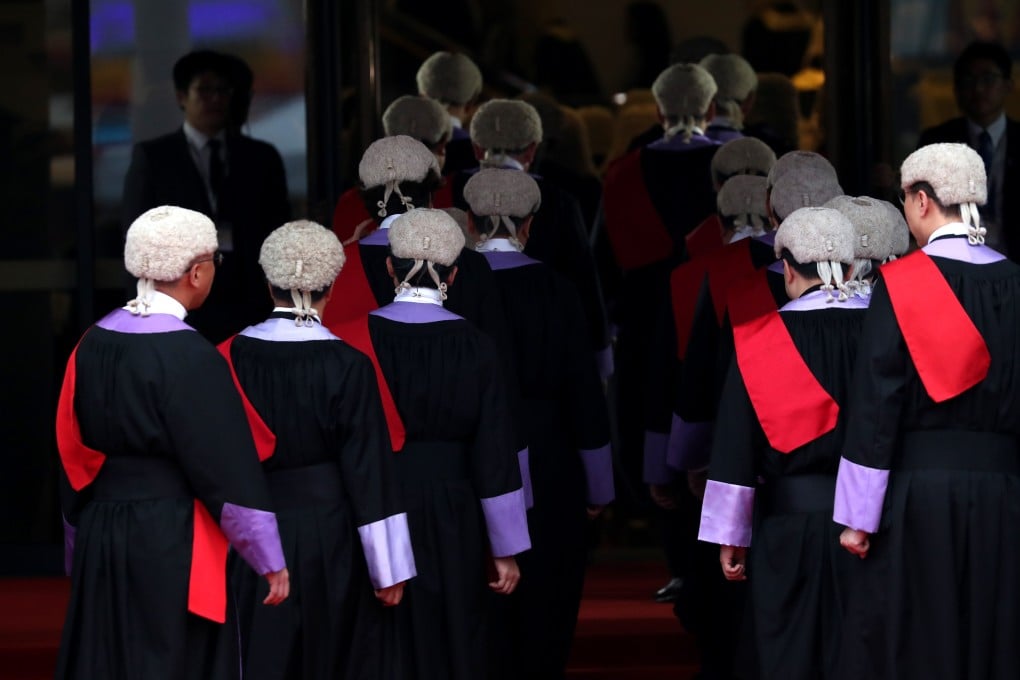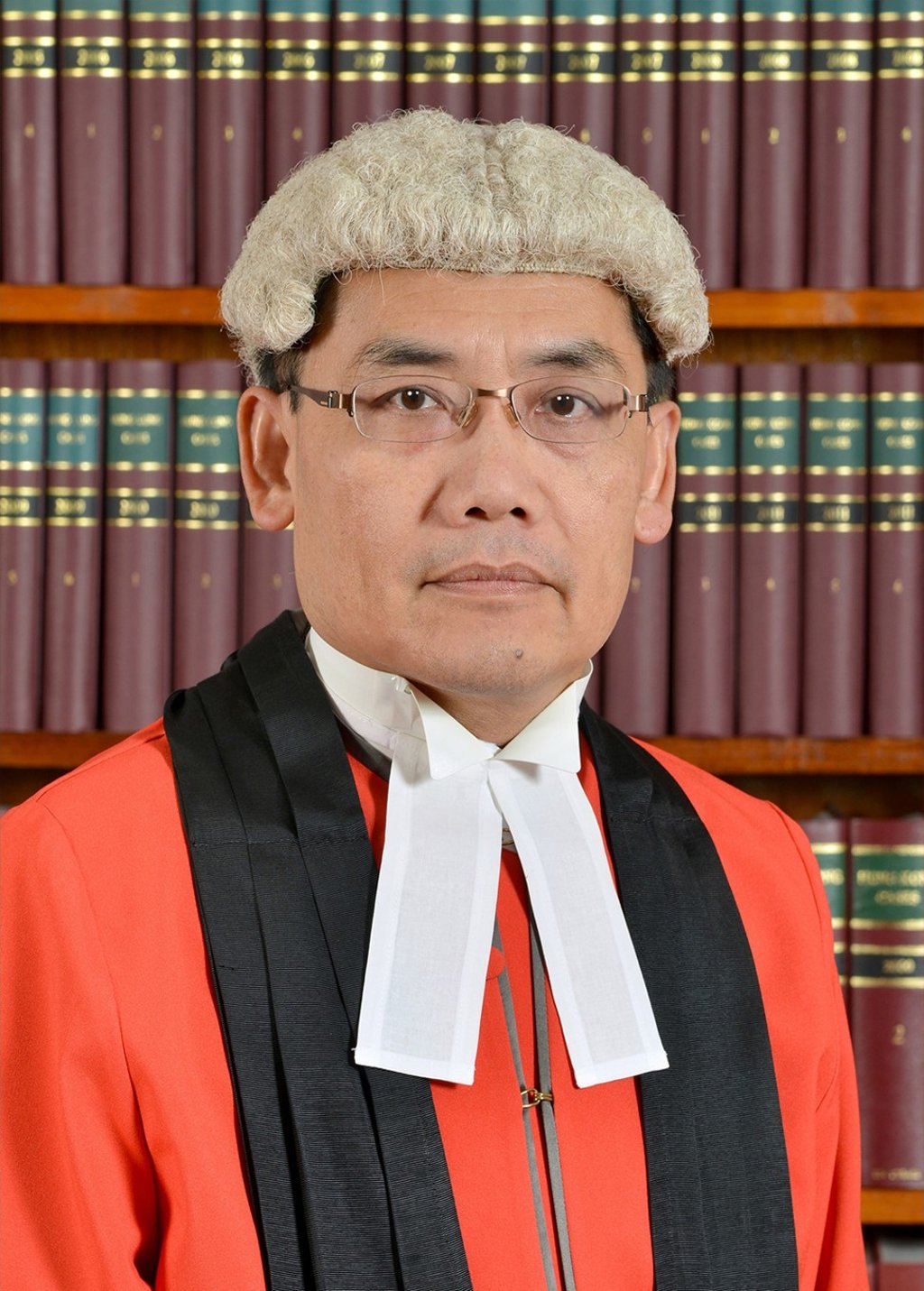Advertisement
High Court judge gets warning from Hong Kong’s chief justice after name appears on petition against extradition bill
- Veteran judge’s name appears on petition launched by fellow alumni
- Judiciary confirms a judge was ‘advised to refrain from doing so in the future’
Reading Time:3 minutes
Why you can trust SCMP

A High Court judge and former classmate of a jailed Occupy leader has been given a warning by the city’s chief justice after his name was found on a petition against the government’s fugitive bill.
The matter came to light when Judge Patrick Li Hon-leung’s signature appeared on a petition launched by fellow University of Hong Kong alumni on May 26, which called for the government to withdraw the proposed amendment.
The Hong Kong judiciary confirmed on Saturday that a judge’s name was among the nearly 3,000 names on the alumni group’s petition denouncing the proposal, which would allow the case-by-case transfer of fugitives to jurisdictions with which Hong Kong does not have an extradition agreement, notably mainland China.
Advertisement
The judiciary did not reveal the name of the judge.

Advertisement
A spokeswoman for the judiciary said Chief Justice Geoffrey Ma Tao-li had previously reminded judges they should refrain from expressing their personal opinions on political issues, and particularly on legal issues that might come before the courts.
Advertisement
Select Voice
Choose your listening speed
Get through articles 2x faster
1.25x
250 WPM
Slow
Average
Fast
1.25x